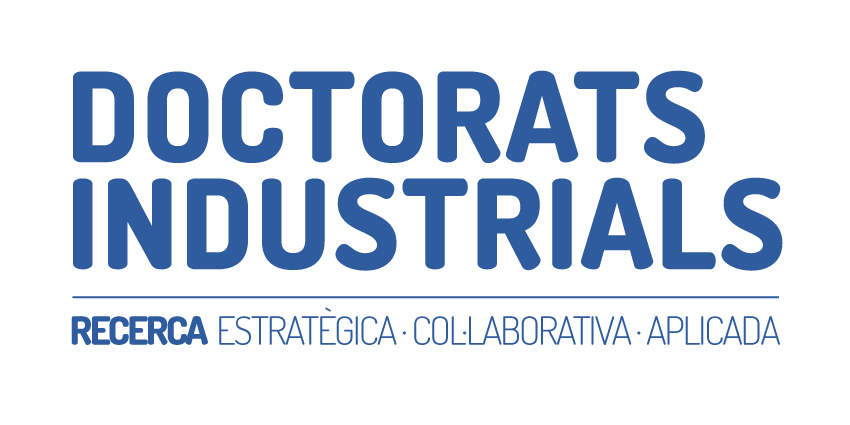Descripció del projecte
In the last two decades gene therapy has shown great potential in the treatment of many severely impairing diseases. Adeno-associated viruses (AAV) is one of the most extensively used vectors for such therapies, with several examples already in the clinics. However, AAVs have a limitation that is particularly challenging to overcome: they can only package and deliver small genes. The company SpliceBio has developed a technology that enables solving this problem by delivering a protein in two fragments encoded in different viruses. In particular, the technology enables the ligation of the two protein fragments inside a cell resulting in the generation of the whole functional protein.
The process of intracellular protein ligation is based on the use of engineered split inteins. Inteins are auto-processing domains that enable protein splicing, a multi-step biochemical reaction that involves cleavage and formation of peptide bonds. When used to ligate two proteins in a cell, at the end of this process, the ligated protein is formed and two inteins are generated as byproducts. Although inteins are eventually eliminated, enhancing their degradation rate may prevent them from potentially interfering in other cellular processes and may also enhance ligation efficiency.
In this project, we will aim to develop an approach that will enable increasing the degradation of inteins resulting from protein splicing. Protein elimination can be genetically programmed by adding peptide sequences that target these proteins for proteosomal degradation. These peptides are termed degrons. Many degrons with varying degrees of efficiency have been described for different proteins and applications. In this project we aim to set up a new platform to generate and screen different libraries of degrons in order to identify the ones that enable most efficient elimination of inteins and that maximize the production of ligated functional protein. This project will combine the expertise in gene delivery and protein ligation of SpliceBio (https://splice.bio/) with the experience in library screening and protein engineering of the Laboratory of Therapeutic Proteins (https://www.pptn.iqs.edu/) at IQS Barcelona.
The PhD candidate will work with a wide array of molecular and cellular biology techniques, as well as with biophysical characterization methods. The project will start with the design, construction and cloning of degron libraries. These libraries will be screened by flow cytometry and cell sorting to select the degrons that enable highest intein degradation and most efficient protein ligation. The best degrons will be incorporated into therapeutic proteins and protein ligantion and function will be characterized. The constructs will then be encoded in AAVs and the efficiency of transduction and expression will be assessed. Finally, efficacy as a gene therapy of successful candidates in appropriate in vitro and in vivo models will be assessed.



